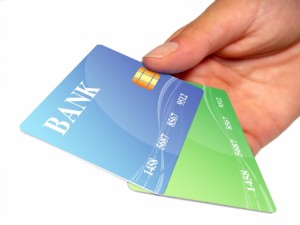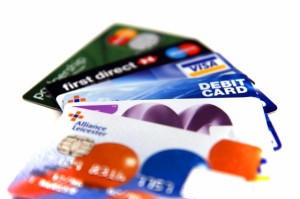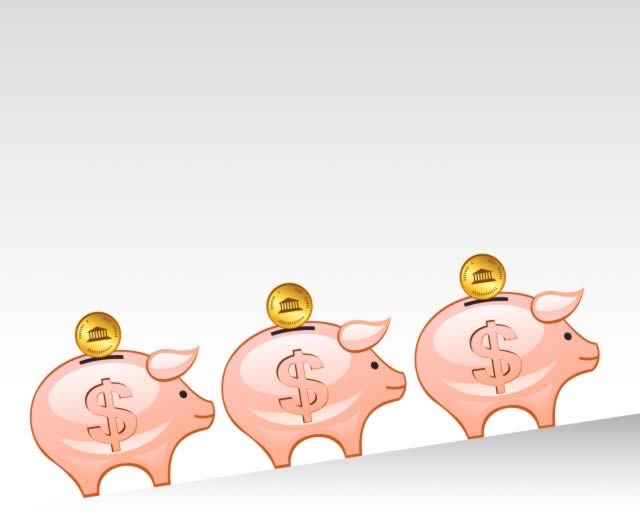Pay off debt with 0 interest balance transfer credit cards, but read the fine print
Published 12/21/10 (Modified 3/9/11)  By Lisa Tortorello
By Lisa Tortorello
If you are like most people, you probably cringe when it is time to pay the bills. It is a chore almost as dreaded as spending a Saturday afternoon at the post office and dry cleaners. Perhaps the most frustrating and stressful bills to open are those from credit card companies.
If you carry a balance like most of us do, every month you may be battling the disappointment of a cemented balance. This means that you are actively trying to reduce your credit card debt by sending more than the minimum payment each month, and have vowed to no longer use your cards unless absolutely necessary, but your balance does not budge - it seems to be stuck in the cement. In fact, it may even increase due to steep interest rates that outrank the amount you are paying every month.
Several years ago, the credit card bills stuffed in your mailbox were probably accompanied by an equal number of offers to transfer your higher-interest balances to zero interest credit cards with no balance transfer fees. This could have certainly helped you chisel your balances out of their concrete cells.
While those zero percent balance transfers are no longer weighing down your mail carrier's bag like in years past, there are still a few out there that can help you pay down your balances more quickly.
Zero interest credit cards - not zero risk
While
Read the full article » By Tom Tennant
By Tom Tennant  By Ann Cameron
By Ann Cameron  By Sierra Black
By Sierra Black